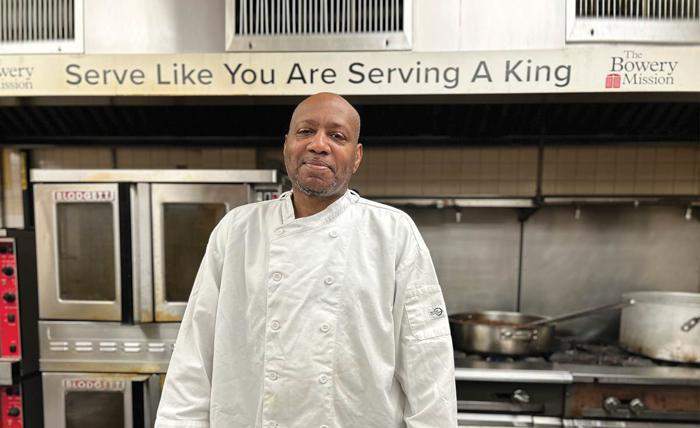
Addiction can leave people feeling isolated, broken, and without hope. Yet recovery stories consistently show that healing is possible when individuals find connection, purpose, and strength to move forward. For many, faith-based programs offer this hope. By blending professional treatment with spiritual principles, these programs help people discover not only sobriety but also a renewed sense of identity and belonging.
Why Faith-Based Recovery Matters
Faith-based treatment doesn’t replace clinical care—it enhances it. Addiction is not just a physical or psychological battle; it often has spiritual dimensions, too. Programs that integrate faith allow people to reconnect with their values, beliefs, and sense of purpose. For those who have felt lost, this combination provides both medical guidance and spiritual encouragement.
Stories of Transformation
Finding Purpose After Despair
One common thread in recovery stories is the rediscovery of meaning. Many people enter treatment feeling hopeless, convinced that relapse defines their future. Through faith-based programs, they find reassurance that their struggles do not define them. Instead, they learn to view recovery as an opportunity for growth and transformation.
Rebuilding Broken Relationships
Addiction frequently damages relationships, creating distance between loved ones. Spiritual principles such as forgiveness, humility, and accountability provide a framework for reconciliation. Families often share that faith-based recovery gave them tools to rebuild trust and strengthen bonds once thought permanently broken.
Strengthening Resilience Through Belief
Relapse and setbacks are often part of recovery. Individuals in faith-based programs frequently describe drawing strength from prayer, meditation, or scripture to overcome moments of doubt. Their stories highlight how faith can become a powerful source of resilience during difficult times.
Balancing Faith and Professional Care
Faith alone cannot address the full complexity of addiction. Effective programs weave spirituality into a foundation of evidence-based treatment, including medical detox, therapy, and aftercare planning. This balance ensures that clients receive the physical stabilization they need while also nurturing their spiritual growth.
For example, programs offering luxury detox in Los Angeles combine professional medical oversight with opportunities for faith-based support. This dual approach ensures clients experience safety, comfort, and dignity while also addressing the deeper spiritual aspects of recovery.
The Power of Community
Faith-based recovery emphasizes community support. Whether through group worship, peer encouragement, or service projects, participants find connection with others walking a similar path. These communities provide accountability, reduce isolation, and remind individuals that healing is a shared journey.
Hope Beyond Sobriety
The most inspiring transformation stories reveal that recovery is not only about achieving sobriety—it’s about embracing a new way of life. Faith-based programs help people move beyond survival and into thriving. With restored purpose, reconciled relationships, and renewed resilience, individuals discover that hope can become the cornerstone of lasting recovery.
Moving Forward with Faith and Healing
Addiction may feel overwhelming, but recovery stories remind us that transformation is possible. By integrating faith with professional care, people find the strength to rebuild their lives and create a future filled with hope. Faith-based programs show that recovery is more than abstinence—it’s the beginning of a new chapter defined by healing, growth, and purpose.




